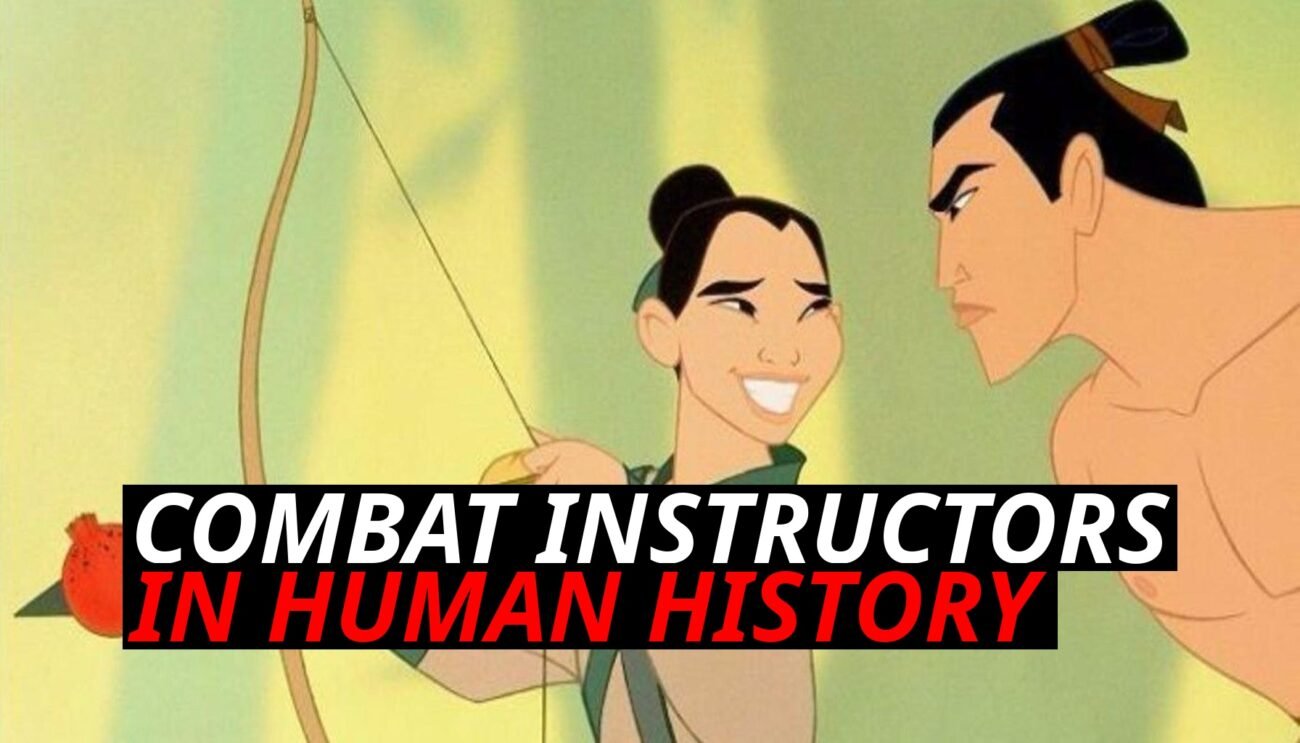Imagine life without tools. Farming would be a backbreaking struggle, hunting would rely on luck instead of skill, and building even the simplest shelter would take weeks. Humanity’s leap from mere survival to progress didn’t start with grand empires or groundbreaking philosophies—it began with a hammer, a chisel, and the skilled hands of a toolmaker. Toolmaking was the revolutionary keystone that unlocked human advancement, creating ripple effects that reshaped societies.
Why Tools Were The Foundation Of Progress
Tools are more than objects—they are force multipliers. A well-made tool doesn’t just save time; it transforms what’s possible:
- Agriculture: Plows and sickles turned farming from a labor-intensive activity into an efficient way to feed larger populations.
- Construction: Hammers, chisels, and saws enabled builders to create shelters, bridges, and fortifications that supported growing communities.
- Defense and Hunting: Spears, arrows, and swords made survival more reliable and warfare more effective.
Without tools, human societies would have remained trapped in a cycle of subsistence, unable to grow or innovate.
The Role Of Toolmakers As Pioneers
Toolmakers weren’t just craftsmen—they were pioneers who laid the groundwork for every other trade and specialization. Their impact came from:
- Innovation: By experimenting with materials like stone, bronze, and iron, toolmakers created stronger, more durable implements that pushed the boundaries of human capability.
- Skill Mastery: Toolmaking required years of training and precision, turning it into one of the earliest specialized trades.
- Cultural Impact: Tools didn’t just shape how humans worked—they influenced art, architecture, and even the development of written language, as chisels carved symbols into stone.
The toolmaker’s craft became the first link in a chain of progress that connected all other trades.
Apprenticeships: Passing Down The Craft
Becoming a toolmaker wasn’t easy. It required years of apprenticeship under a master, where young trainees learned not only the techniques but also the philosophies of their craft:
- Hands-On Training: Apprentices began with simple tasks like shaping stones or sharpening blades, gradually advancing to more complex work.
- Problem-Solving Skills: Master toolmakers taught their apprentices how to adapt tools for specific needs, from farming to combat.
- Knowledge Transfer: Each generation improved upon the last, ensuring that the craft evolved alongside the needs of society.
This system of apprenticeship became a blueprint for the transmission of knowledge in other trades, from blacksmithing to architecture.
The Interdependence Of Trades
Toolmaking didn’t exist in a vacuum. It fueled and depended on other trades, creating a web of interdependence:
- Farmers and Builders: Farmers needed plows and scythes, while builders relied on hammers, saws, and chisels. In turn, toolmakers needed the raw materials and food provided by these trades.
- Miners and Metallurgists: Toolmakers relied on miners to extract metals like copper and iron, which metallurgists refined into usable forms.
- Hunters and Warriors: Tools and weapons made hunting more efficient and armies more powerful, creating demand for better craftsmanship.
This interdependence amplified productivity across the board, turning small communities into thriving civilizations.
The Cascading Effects Of Toolmaking
The impact of toolmaking didn’t stop with tools. It set off a cascade of advancements that shaped human history:
- Agricultural Surpluses: With better tools, farmers could grow more food, supporting larger populations and freeing others to pursue specialized trades.
- Urbanization: Tools enabled the construction of permanent settlements, leading to the rise of cities and centralized governance.
- Technological Innovation: Toolmaking inspired other forms of craftsmanship, from pottery to metalworking, creating a culture of innovation.
Each of these advancements built upon the foundation laid by toolmakers, proving their role as the architects of progress.
Why Toolmaking Was A Bottleneck
Toolmaking wasn’t just important—it was a bottleneck. Without skilled toolmakers, societies couldn’t advance:
- Limited Productivity: Poorly made or unavailable tools restricted farming, building, and defense.
- Slower Innovation: Without experimentation and refinement, other trades stagnated.
- Fragile Infrastructure: Societies that couldn’t support their toolmakers were vulnerable to collapse, as their ability to sustain growth depended on reliable tools.
In many ways, the success of a society rested on the shoulders of its toolmakers.
Lessons From Toolmaking For Modern Societies
The principles that made toolmaking revolutionary still apply today:
- Specialization Drives Progress: Like ancient toolmakers, today’s engineers, programmers, and scientists create the tools that shape our world.
- Training and Knowledge Transfer: The apprenticeship model lives on in education and mentorship, ensuring that skills and knowledge are passed down.
- Interdependence is Key: Just as toolmakers relied on miners and farmers, modern economies depend on the collaboration of specialists across fields.
Understanding the legacy of toolmaking helps us appreciate the interconnectedness of progress and the importance of nurturing specialized skills.
Final Thoughts
Toolmaking was more than a trade—it was the spark that ignited human advancement. By transforming raw materials into tools, early craftsmen didn’t just make life easier; they made growth and innovation possible.
From plows to swords, the tools they created shaped the trajectory of civilizations, proving that even the simplest crafts can unlock extraordinary progress. Behind every great leap forward is a toolmaker who turned potential into reality, carving the path from survival to success.









